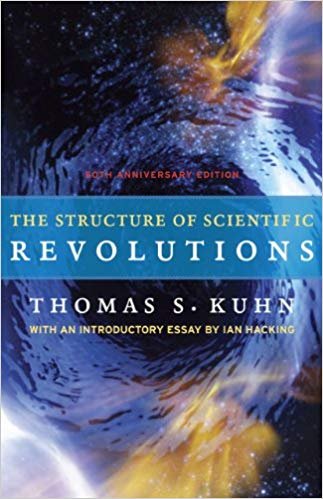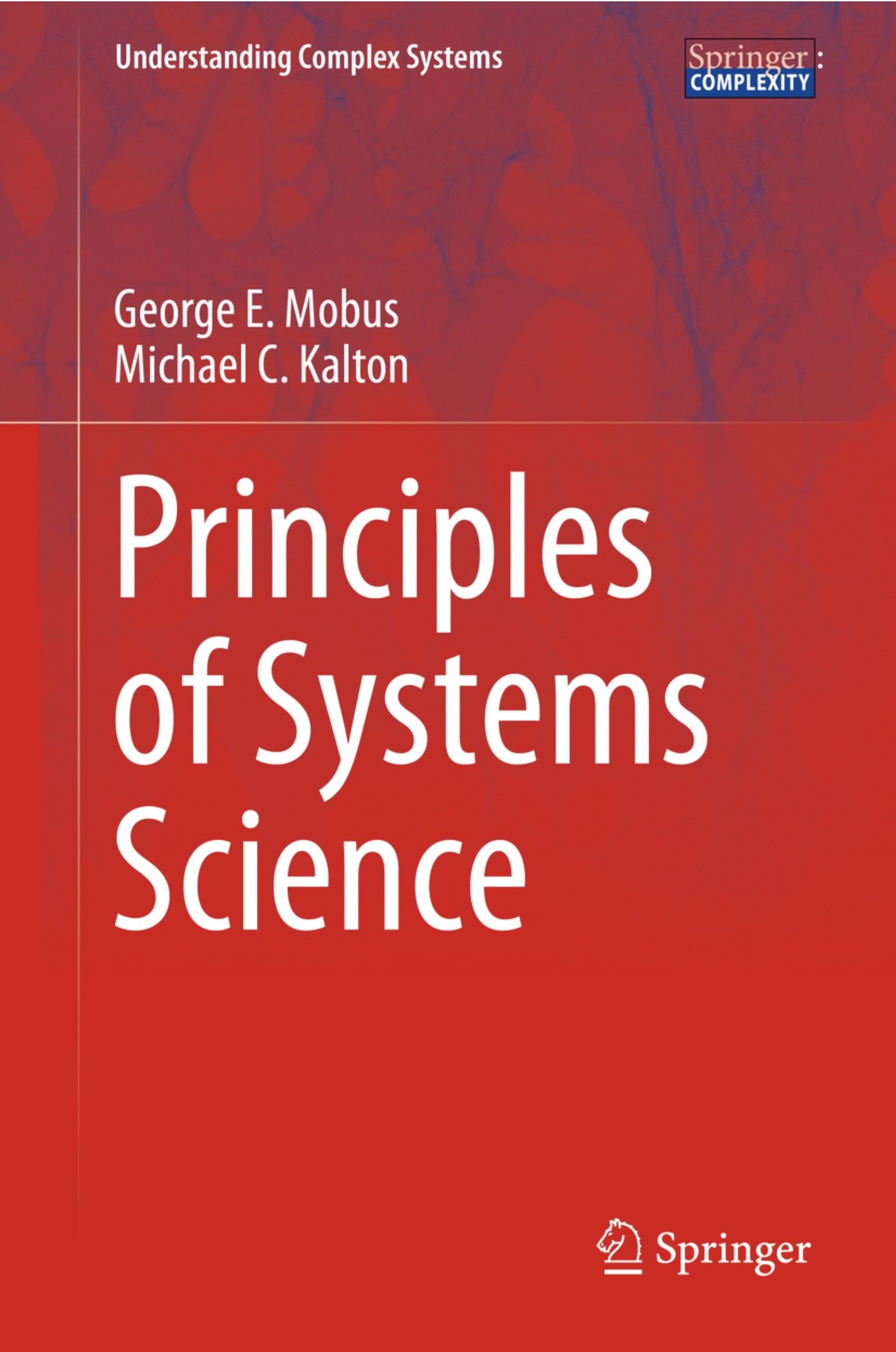During our ~200,000 years of life and activity on Earth human beings have actively reshaped the planet’s biosphere. This change is so profound that it is detectable in the archeological record. Hence this new geological age has been called the Anthropocene. To secure the survival of future generations requires the rethinking, relearning, and retooling of our worldview and ways of scientific thinking and practice. Here is a small collection of seminal books for those who want to move forward in this endeavor.
Anthropocene links:
Defining the Anthropocene. S.L. Lewis & M. A. Maslin. Nature, Vol. 519, p. 171–180 (2015)
The Anthropocene epoch: scientists declare dawn of human-influenced age
In ‘The Way’, Edward Goldsmith, founding editor of The Ecologist and Winner of the Right Livelihood Award, proposes that the stability and integrity of the global human family depends on the preservation of the ecosphere and attaining a balance of the individuals, families, communities, and societies, with their surrounding natural ecosystems. He portrays life processes and ecological thinking as holistic, and calls for a paradigm shift away from the reductionist approach of modern science.
Read more here.
In this pathbreaking book about the history of science physicist and philosopher Thomas S. Kuhn challenged the until then prevailing view that science progresses by continuous "development-by-accumulation" of accepted facts and theories. Kuhn argued for an episodic model (similar to “punctuated equlibrium” in evolution) in which cumulative, linear progress happens during "normal science" periods of conceptual continuity, but is interrupted by saltatory periods of “revolutionary science”. During the latter, "anomalies" are discovered that contradict the prevailing theories. The reintegration of such “anomalous findings” requires rethinking of past conceptualizations and leads to new paradigms. These pose new questions of old data and change the scientific “landscape” such that new avenues of thinking and research are opened up.



